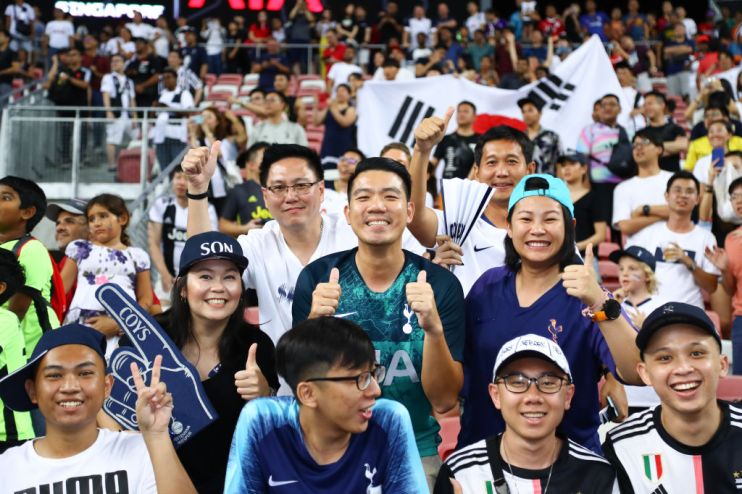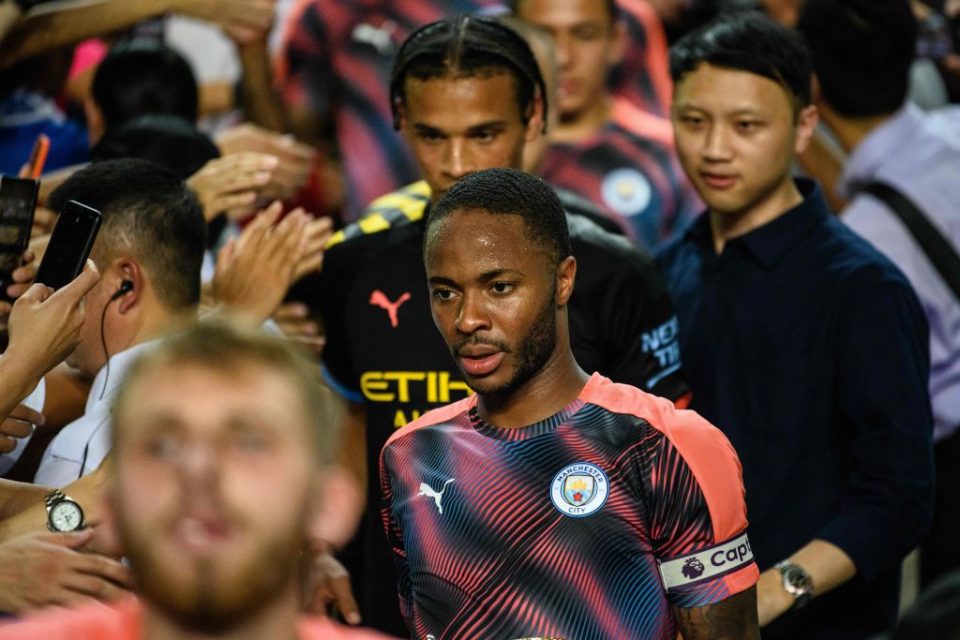Untapped potential: Why Premier League clubs are flocking to China for pre-season tours

The Premier League may not kick off its new season for another fortnight but the fight for supremacy has already been raging elsewhere.
On the pitch pre-season tours may be primarily about players building fitness and whetting the appetite of fans for the coming campaign but it is away from the pitch further benefits lie.
While supporters in England are able to attend 38 league games per season if they so wish, those overseas have to make do with watching on screens and hoping their favourite side visits over the summer break.
Read more: The changes football needs to make to preserve its future
For clubs, the chance to play in front of a new audience, expand their fanbase and sell merchandise is too good to pass up. A quick glance at where the Big Six have spent the last few weeks shows the target markets: Arsenal (United States), Chelsea (Japan), Liverpool (United States), Manchester City (China and Japan), Manchester United (Australia, Singapore and China) and Tottenham (Singapore and China).
The Gunners’ tour of the US makes sense given it’s home to their owner, Stan Kroenke; likewise Liverpool and Fenway Sports Group. Chelsea’s journey to Japan ties in with their shirt sponsor, Yokohama Tyres, as well as the country’s expansion opportunities.

But it is the Far East, notably China and Singapore, which represents the gold rush and a land of untapped potential.
“China is a huge country with strong economic growth, healthy disposable income levels and a growing middle class that is predisposed towards spending on leisure and entertainment,” Simon Chadwick, professor of sports enterprise at Salford University, tells City A.M.
“It is also a country where a large number, albeit a small minority of the total population, has an interest in football. Building fan engagement in China is a key priority for many Premier League clubs as the revenue implications are potentially significant.”
Commercial benefits
China’s rapid economic growth has created a situation ripe for England’s top teams to expand their presence. The country’s middle class has grown from four per cent in 2002 to 31 per cent in 2017, with 58 per cent now in urban areas and 74 per cent using smartphones.
Furthermore, a report by consultancy Brand Finance concluded “fans are far less likely to be absolutely loyal to one club”, meaning teams are “able to benefit commercially from a wider pool of fans than in their own markets”.
Amid this context it’s easy to see why the Premier League’s best are keen to feature in the Asia Trophy, which Wolves beat Manchester City to win in Shanghai last week, and the International Champions Cup, which stages two of its fixtures in China.

For the two Manchester clubs in particular their pre-season tours are part of a wider plan to expand in China.
City are part-owned by China Media Capital, which acquired a 13 per cent stake in 2016, while the club’s parent company, City Football Group, bought Chinese third tier side Sichuan Jiuniu FC in February as part of their ongoing project to establish bases all over the globe.
This month City also launched an over-the-top subscription service for overseas fans and partnered with DAZN to broadcast in Japan.
Manchester United, meanwhile, plan on opening three “experience centres” in China next year, which will use “interactive attractions and exhibitions to engage with the fans,” who they claim number 107m in terms of online followers.
“Physical engagement is very important to geographically remote fans,” says Chadwick, “although tours nowadays are rather different to the smash-and-grab raids they were 10 years ago, when clubs were simply interested in short-term revenue harvesting. Now they are more strategic, carefully thought through and well planned.”
Main image credit: Getty Images